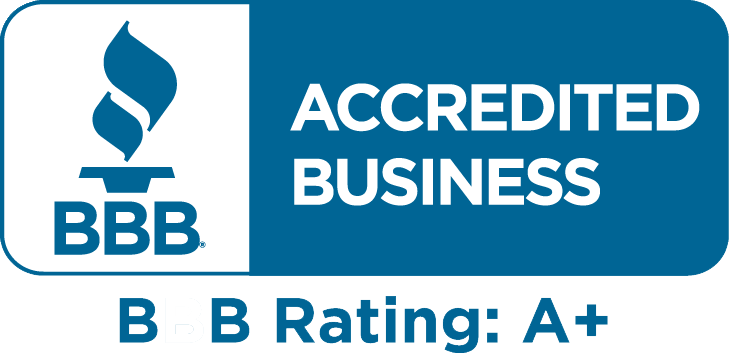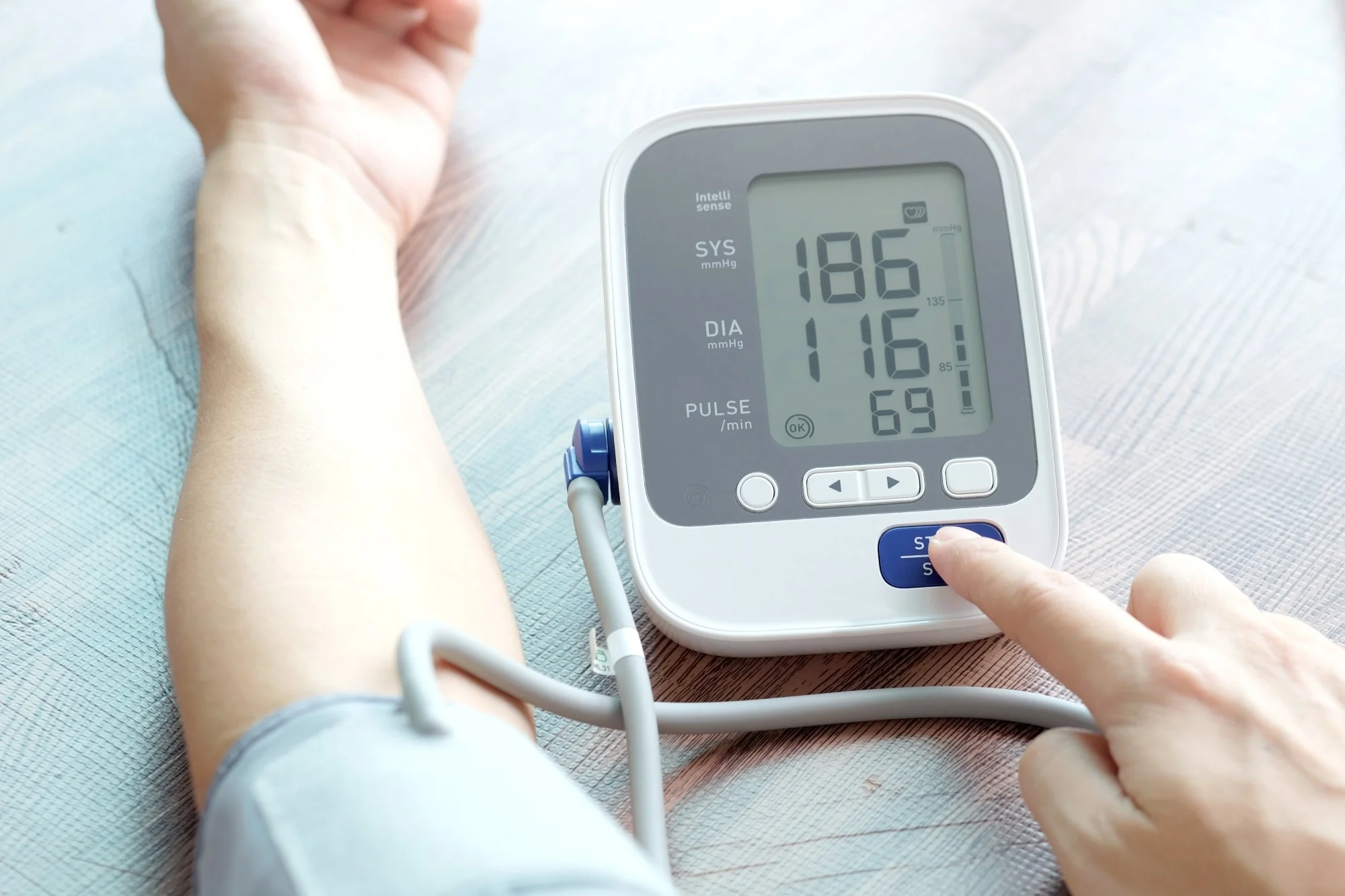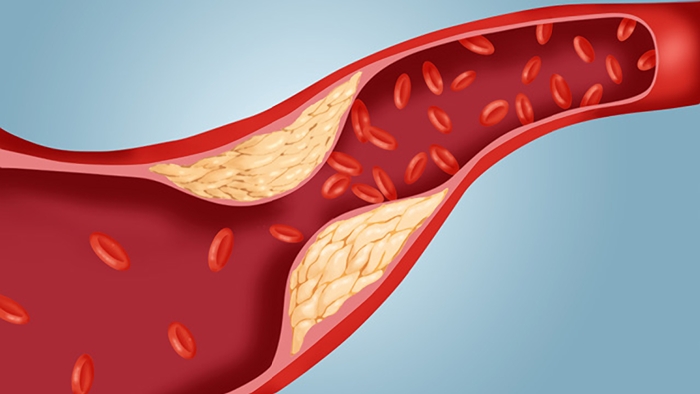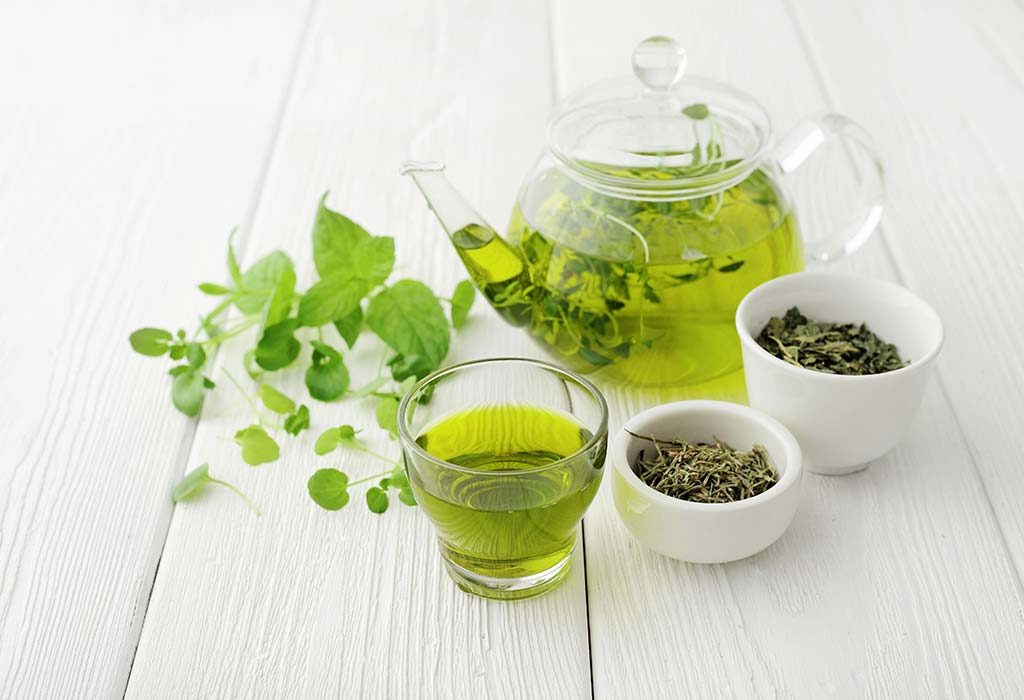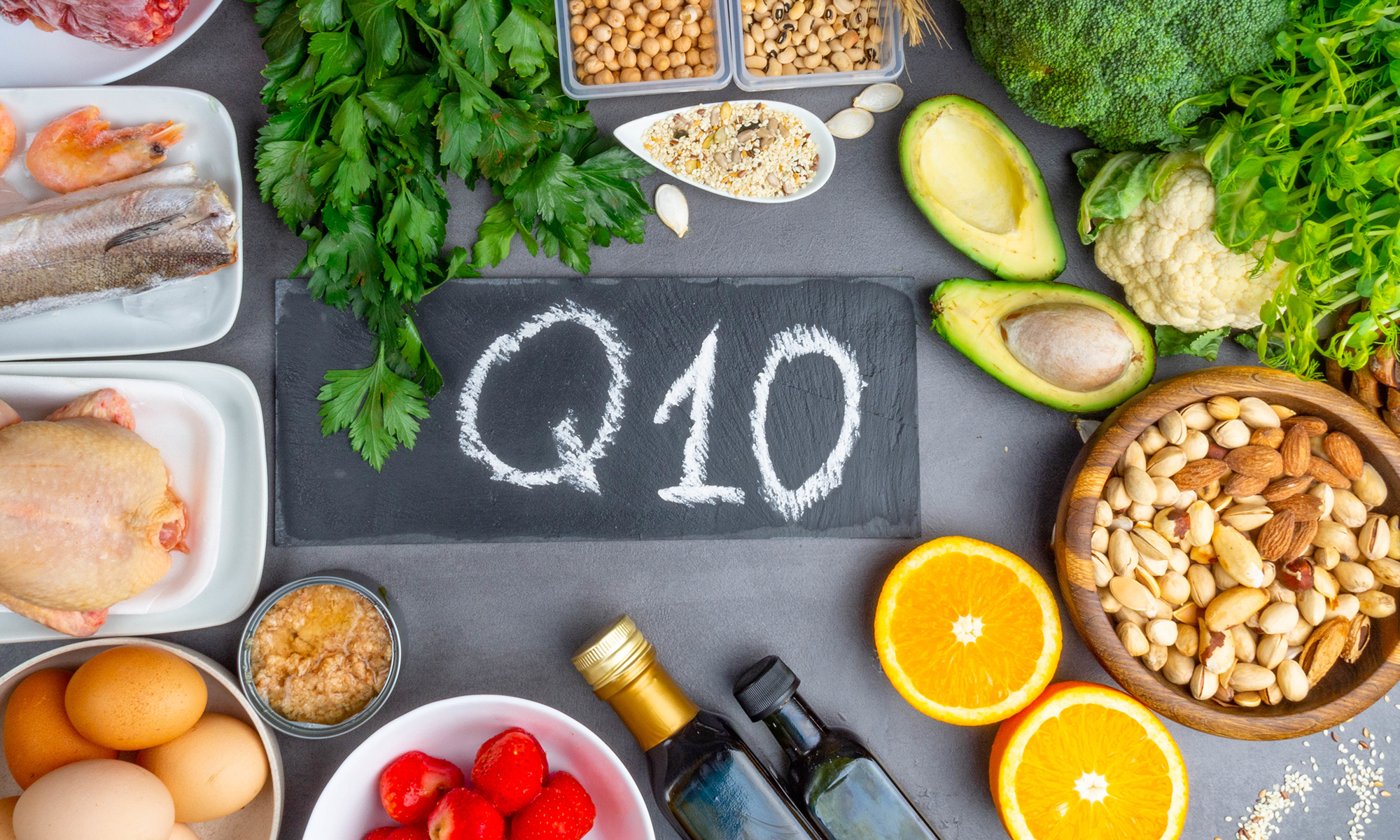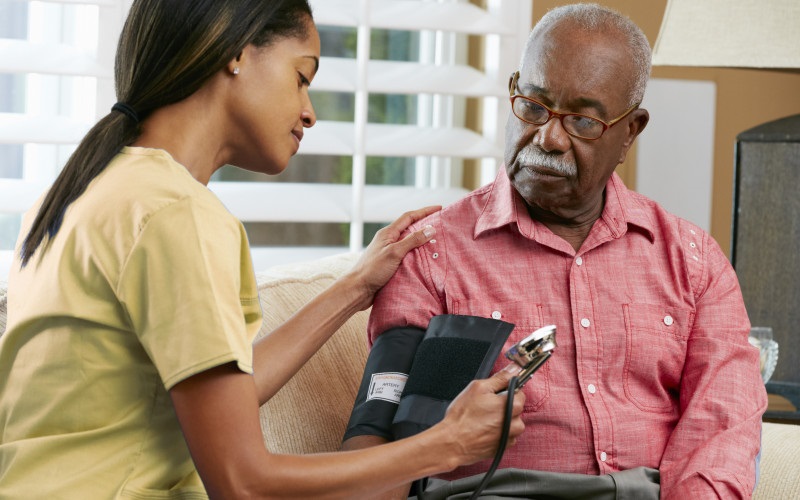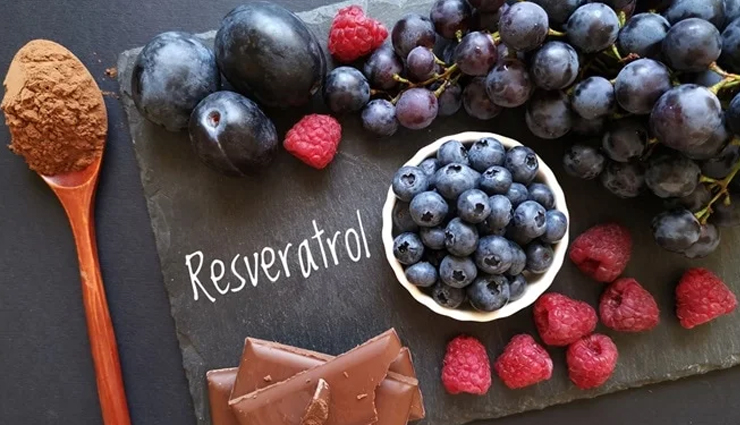10 Natural Ways to Reduce Blood Pressure
10 Natural Ways to Reduce Blood Pressure
Did you know that high blood pressure is a silent killer? Since May is National High Blood Pressure Education Month, we’d like to take this opportunity to provide you with the information on some natural ways to reduce blood pressure as well as ways support your cardiovascular health.
Hypertension—another word for high blood pressure—is insidious because it has no warning signs or symptoms.
If your blood pressure is high it causes strain on the vessels carrying blood around your body. This strain can cause vessels to become injured leading to plaque buildup as a response to injury. Ultimately, it can lead to narrow blood vessels and then clotting of passageways, which can cause damage to the heart and/or brain.
High blood pressure increases your risk for getting heart disease, kidney disease, dementia, and having a stroke.
The good news is that, in most cases, you can support your blood pressure using natural approaches including eating well, exercising, reducing stress, and taking nutritional supplements.
A happy side effect of this natural approach is that you will be lowering your blood pressure by improving your health. As your blood pressure starts to drop, you will know that it’s coming down for the right reasons. (Drugs that lower your blood pressure target the symptom, without correcting the causes of high blood pressure.)
So look at natural remedies first before taking the pharmaceutical drug route. As always, consult your physician if issues persist. Hypertension is the most important and modifiable risk factor for cardiovascular disease.
1 High blood pressure is defined as the systolic blood pressure (top number) of 130 mm Hg (millimeters of mercury) or more, and the diastolic blood pressure (bottom number) of more than 80 mm Hg. Learn how simple lifestyle modifications can help to control hypertension to allow you to live your best life!
1. Reduce salt intake.
High salt intake may predispose children to develop hypertension later. A modest reduction results in a major improvement in public health. In fact, one estimate suggests that if Americans moved to an average intake of 1,500 mg/day sodium, it could result in a 25.6 percent overall decrease in blood pressure and an estimated $26.2 billion in health care savings.1
When eating out, look for the sodium content on the menu. If it’s not available, ask your server to have your food prepared with little or no salt. And always read food labels carefully. The American Heart Association recommends no more than 2,3000 milligrams a day and an ideal limit of no more than 1,500 mg. per day for most adults, especially for individuals with hypertension. Aim to cut back to 1,000 mg.a day to improve your blood pressure and heart health.2
Here are the approximate amounts of sodium in a given amount of salt:
1/4 teaspoon salt = 575 mg sodium
1/2 teaspoon salt = 1,150 mg sodium
3/4 teaspoon salt = 1,725 mg sodium
1 teaspoon salt = 2,300 mg sodium
2. Eat high-potassium and high-magnesium fruits and vegetables. 1,3
Citrus
Beets and beet juice
Swiss chard & spinach
Carrots
Celery
Tomatoes
Pumpkin seeds, pistachio nuts
Beans and lentils
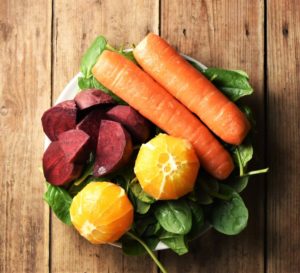
3. Include high quality protein in your diet.
Studies have shown an association between a diet including high protein and a reduction in blood pressure. That doesn’t mean you should eat more hamburgers or steak. In fact, animal protein is less effective than non-animal or plant protein for lowering blood pressure. In a study of more than 10,000 participants, those with a dietary protein intake 30% above the mean had a lower blood pressure by 3/2.5 mm HG compared to those that were 30% below the mean. The study concluded that lean or wild animal protein with less saturated fat, and more essential omega-3 fatty acids from fish, nuts and olive oil, may reduce blood pressure, blood lipids and risk of heart disease. 3
Include one high-quality, low-fat protein each day such as: fresh fish, turkey or chicken, low-fat beef (limit to once/week), eggs, low-fat dairy products, organic tofu products, legumes (beans and rice together make a complete protein), quinoa, etc.
4. Take these supplements.
- Calcium reduces blood pressure by helping blood vessels to relax. 3
- CoQ10 is an antioxidant essential for the production of energy in every cell in the body. It is concentrated in the heart and helps promote pumping of blood throughout the body. Clinical studies suggest that CoQ10 may lower blood pressure. In one analysis, after reviewing 12 clinical studies, researchers concluded that CoQ10 has the potential to lower systolic blood pressure by up to 17 mm Hg and diastolic blood pressure by 10 mm Hg.4
- Vitamin C helps support healthy blood pressure by relaxing the arteries. 3
- Vitamin D has been shown to reduce blood pressure in people with hypertension.3 It’s also important for a healthy immune response.
- Magnesium lowers blood pressure by helping the arteries dilate. 3
- Omega-3 fatty acids EPA and DHA–found in fatty fish and fish oil supplements–reduce blood pressure as effectively as lifestyle changes such as exercising more, cutting back on salt, or limiting alcohol, according to a meta-analysis published in the American Journal of Hypertension. 5
- Resveratrol, a powerful antioxidant found in grape skin, wine, blueberries, cranberries, bilberries and peanuts, helps reduce blood pressure because of a combination of its vasodilator effects.6
- Vitamin B6. In one study a single dose of 5mg of B6 per 2.2 pounds of body weight given to 20 people with hypertension for four weeks resulted in significant reductions in both systolic and diastolic pressures. The average mean was a systolic pressure decrease from 167 to 153, and a diastolic pressure decrease from 108 to 98 in the study.7
5. Move your body!
6. Practice a stress reduction technique such as yoga or meditation; get a massage.
7. Limit caffeine and alcohol, and stop smoking!
8. Drink 6-8 glasses of purified water each day.
9. Maintain a healthy body weight.
10. Get at least 7-8 hours of restful sleep every night.
Overall
Pharmaceutical drugs for hypertension work, but they come with side effects. Before taking that route, try a natural approach. You’ll be supporting your heart health, as well as your brain and overall health. And maybe you’ll even live a few years longer.

